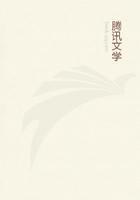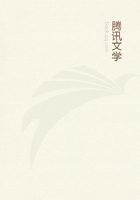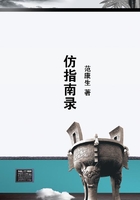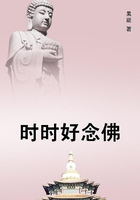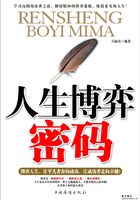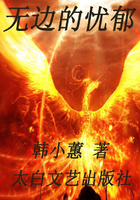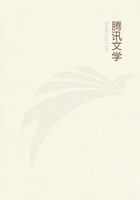When it was known at Charleston that Lincoln would attempt to provision the fort, the South Carolina authorities referred the matter to the Confederate authorities. The Cabinet, in a fateful session at Montgomery, hesitated--drawn between the wish to keep their hold upon the moderates of the North, who were trying to stave off war, and the desire to precipitate Virginia into the lists. Toombs, Secretary of State in the new Government, wavered; then seemed to find his resolution and came out strong against a demand for surrender. "It is suicide, murder, and will lose us every friend at the North.... It is unnecessary; it puts us in the wrong; it is fatal," said he. But the Cabinet and the President decided to take the risk. To General Pierre Beauregard, recently placed in command of the militia assembled at Charleston, word was sent to demand the surrender of Fort Sumter.
On Thursday, the 7th of April, besides his instructions from Montgomery, Beauregard was in receipt of a telegram from the Confederate commissioners at Washington, repeating newspaper statements that the Federal relief expedition intended to land a force "which will overcome all opposition." There seems no doubt that Beauregard did not believe that the expedition was intended merely to provision Sumter. Probably every one in Charleston thought that the Federal authorities were trying to deceive them, that Lincoln's promise not to do more than provision Sumter was a mere blind. Fearfulness that delay might render Sumter impregnable lay back of Beauregard's formal demand, on the 11th of April, for the surrender of the fort. Anderson refused but "made some verbal observations" to the aides who brought him the demand. In effect he said that lack of supplies would compel him to surrender by the fifteenth. When this information was taken back to the city, eager crowds were in the streets of Charleston discussing the report that a bombardment would soon begin. But the afternoon passed; night fell; and nothing was done. On the beautiful terrace along the sea known as East Battery, people congregated, watching the silent fortress whose brick walls rose sheer from the midst of the harbor. The early hours of the night went by and as midnight approached and still there was no flash from either the fortress or the shore batteries which threatened it, the crowds broke up.
Meanwhile there was anxious consultation at the hotel where Beauregard had fixed his headquarters. Pilots came in from the sea to report to the General that a Federal vessel had appeared off the mouth of the harbor. This news may well explain the hasty dispatch of a second expedition to Sumter in the middle of the night. At half after one, Friday morning, four young men, aides of Beauregard, entered the fort. Anderson repeated his refusal to surrender at once but admitted that he would have to surrender within three days. Thereupon the aides held a council of war.
They decided that the reply was unsatisfactory and wrote out a brief note which they handed to Anderson informing him that the Confederates would open "fire upon Fort Sumter in one hour from this time." The note was dated 3:20 A.M. The aides then proceeded to Fort Johnston on the south side of the harbor and gave the order to fire.
The council of the aides at Sumter is the dramatic detail that has caught the imagination of historians and has led them, at least in some cases, to yield to a literary temptation. It is so dramatic--that scene of the four young men holding in their hands, during a moment of absolute destiny, the fate of a people; four young men, in the irresponsible ardor of youth, refusing to wait three days and forcing war at the instant! It is so dramatic that one cannot judge harshly the artistic temper which is unable to reject it. But is the incident historic? Did the four young men come to Sumter without definite instructions? Was their conference really anything more than a careful comparing of notes to make sure they were doing what they were intended to do? Is not the real clue to the event a message from Beauregard to the Secretary of War telling of his interview with the pilots? *
*A chief authority for the dramatic version of the council of the aides is that fiery Virginian, Roger A. Pryor. He and another accompanied the official messengers, the signers of the note to Anderson, James Chestnut and Stephen Lee. Years afterwards Pryor told the story of the council in a way to establish its dramatic significance. But would there be anything strange if a veteran survivor, looking back to his youth, as all of us do through more or less of mirage yielded to the unconscious artist that is in us all and dramatized this event unaware?
Dawn was breaking gray, with a faint rain in the air, when the first boom of the cannon awakened the city. Other detonations followed in quick succession. Shells rose into the night from both sides of the harbor and from floating batteries. How lightly Charleston slept that night may be inferred from the accounts in the newspapers. "At the report of the first gun," says the Courier, "the city was nearly emptied of its inhabitants who crowded the Battery and the wharves to witness the conflict."
The East Battery and the lower harbor of the lovely city of Charleston have been preserved almost without alteration. What they are today they were in the breaking dawn on April 12, 1861.

